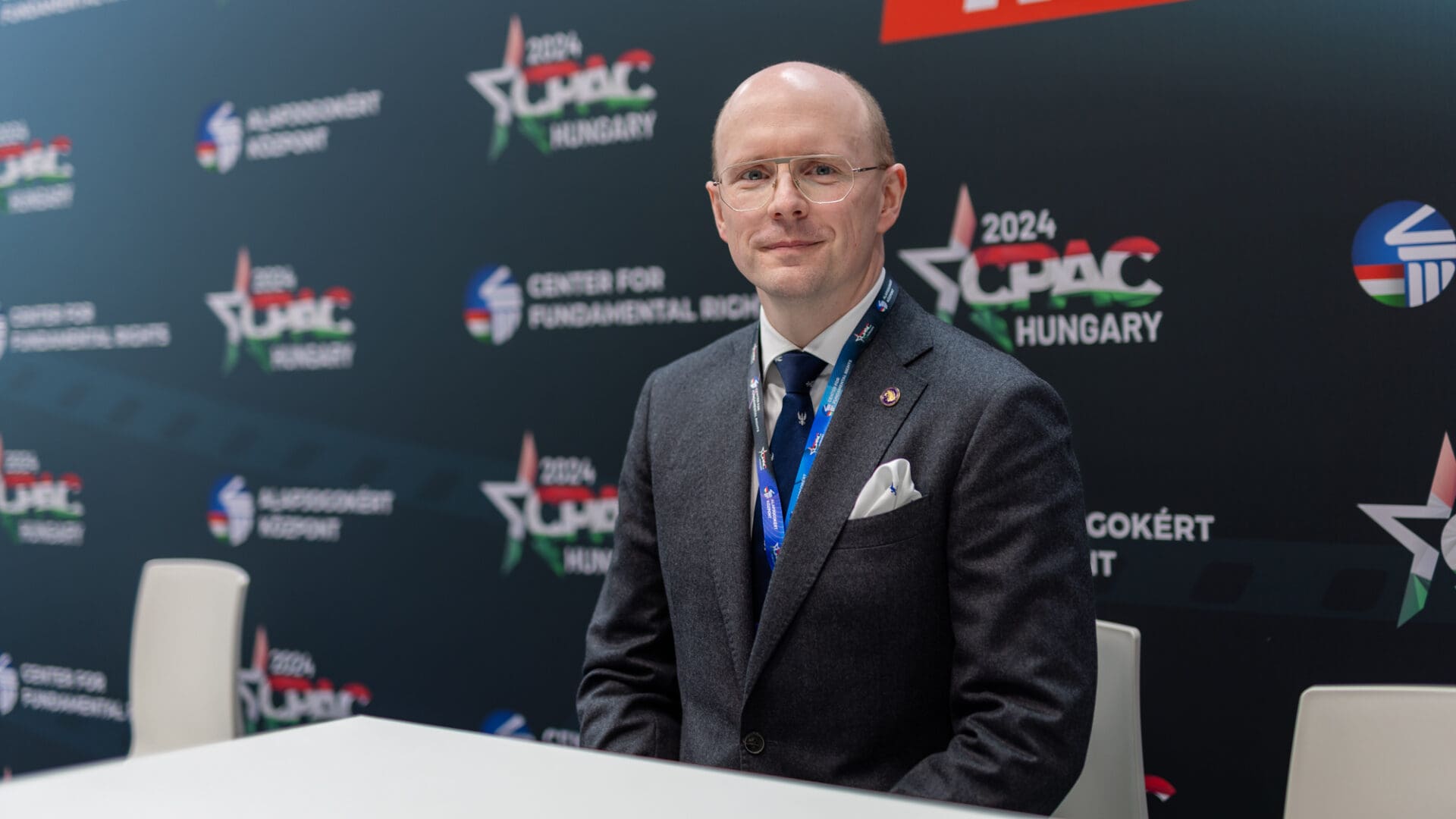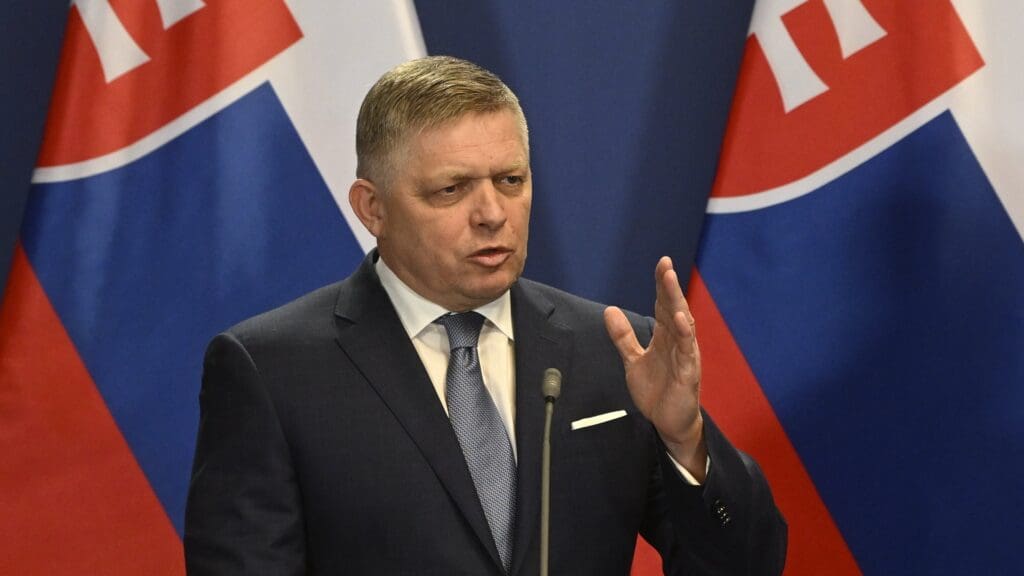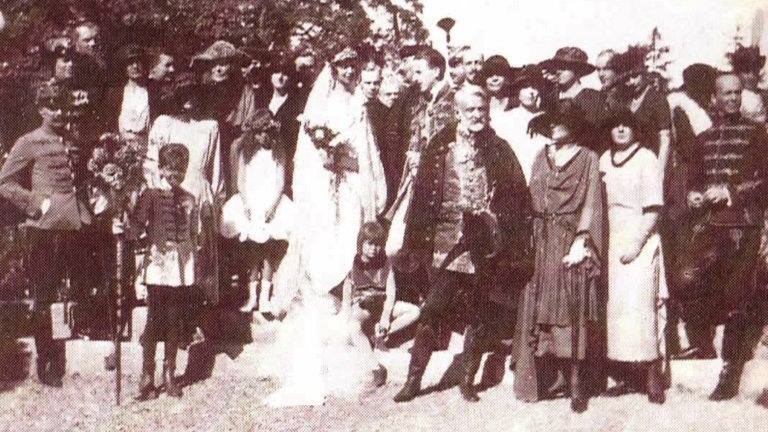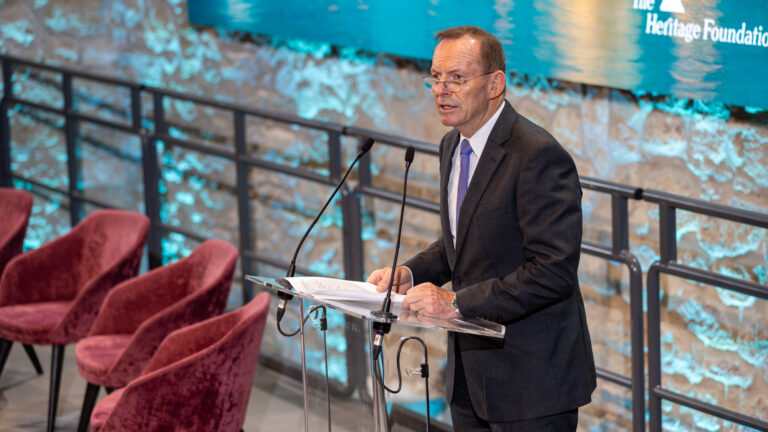President of the Board and co-founder of Ordo Iuris Institute, Jerzy Kwaśniewski visited Hungary last week, where he spoke at the Conservative Political Action Conference (CPAC). On the sidelines of the event, Kwasniewski sat down with Hungarian Conservative for a brief interview, discussing topics such as the first five months of the new Polish government under Donald Tusk, the prospects of conservative forces in the European elections, and the importance of defending media freedom against progressive pressure.
***
After experiencing an electoral setback last October, Polish conservative forces appear to have regained their footing, as evidenced by a stronger-than-anticipated performance in the recent local elections. The question now arises: can they sustain this momentum leading up to the European Parliament elections?
After only three months of the rule of the Donald Tusk government was enough to convince people to vote conservative. The local elections was a victory, even though in coalition, Donald Tusk will still have majority in half, maybe in two-thirds of voivodships, but it was a victory. And it’s a fuel for the conservative movement. People truly believe now that they are able to win the European elections, that they are able to provide for the support to send 26 to 28 members of the European Parliament from the conservative parties. Not only from Law and Justice, but also from Confederation. It would mean that the Polish delegation will be strongly conservative and will support possibly the conservative coalition in the European Parliament.
It’s uncommon to witness such a rapid fluctuation in popularity, whether it’s a substantial gain or loss. What might be the underlying reasons for this phenomenon?
What we experience now in Poland is not only an attack on the most basic constitutional arrangements by the Tusk government, but it’s also the execution of the most radical social policies that were not meant to be implemented by most of the voters who supported Donald Tusk. We have to understand that many good Catholics, many good Christians voted for him, especially young people, who were just bored with the conservative government, who did not know any other government in their adult lives, so they decided to vote liberal. But they did not vote for Tusk’s party, they voted for Szymon Holownia, who presents himself and his movement as Catholic. Now we are confronted with the most radical policies on abortion, on surrogacy, on LGBT issues with sexual education in a more vulgar way presented by the Ministry of Education that was given to the left, as well as the Ministry of Health. So from that point of view, it was a shock. And from the point of view of the voters, those Catholic allies of Donald Tusk are losing their credibility.
That’s an opportunity for conservatives.
Just an opportunity, it is up to the political parties to take this opportunity and to raise the support for the conservative movement. I strongly hope that it would be possible to form a strong conservative movement that will push for the victory in the European elections and maybe, if the liberal coalition collapses, hopefully this year or the next, we’ll also be able to bring the conservative forces back to power.
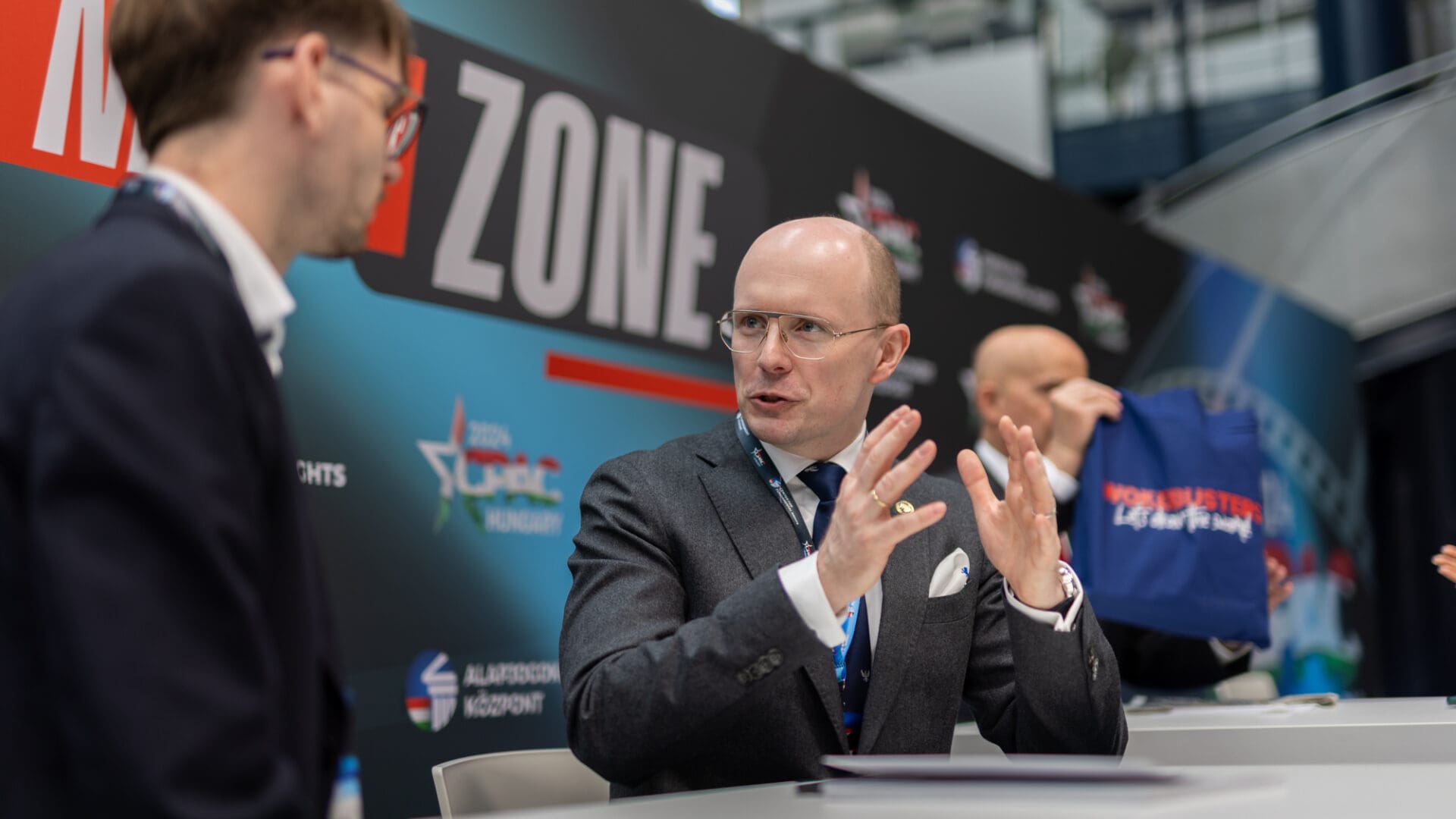
Last December, we Hungarians were also appalled by the Tusk government’s assault on Polish public media. In such a climate, it’s crucial to offer a platform for journalists and opinion leaders facing persecution under liberal governments. How can we best support our Polish colleagues in this challenging time?
I remember when we provided an observatory mission to the elections in Hungary two years ago. One of the assignments of a group of our experts was to analyse the media market in Hungary. We were, to some extent, under the influence of the liberal narrative that in Hungary, you have a very conservative media market dominated by the government. However, we arise with a conclusion that it may be presented as balanced, but in fact, if anybody to dominate, it is the liberal side. We presented those conclusions in the report of the observatory mission. The situation in Poland was never that good. Even under the conservative government, even with the public television in the hands of the conservatives, even after many local media outlets were bought by Orlen company, so they also were somehow in the conservative hands, the media market itself was dominated heavily by liberal media and foreign owners.
Now, the only remaining fortresses of conservatives are small media outlets, and they strongly need international cooperation, not only for the credibility, but also
to protect them against the attacks of the government.
Because if they feel that they are in a network of safety, of cooperation with a conservative media outlet in Hungary, in France, in the United States, in the United Kingdom, in Israel, they are somehow better protected with those allies globally. It is something that has not been done before. They had not developed this network of safety. It’s also one of the missions of Ordo Iuris now to provide them with our network of friends globally so they can somehow fit in the international conservative scene.
Read more interviews with prominent CPAC Hungary participants:

